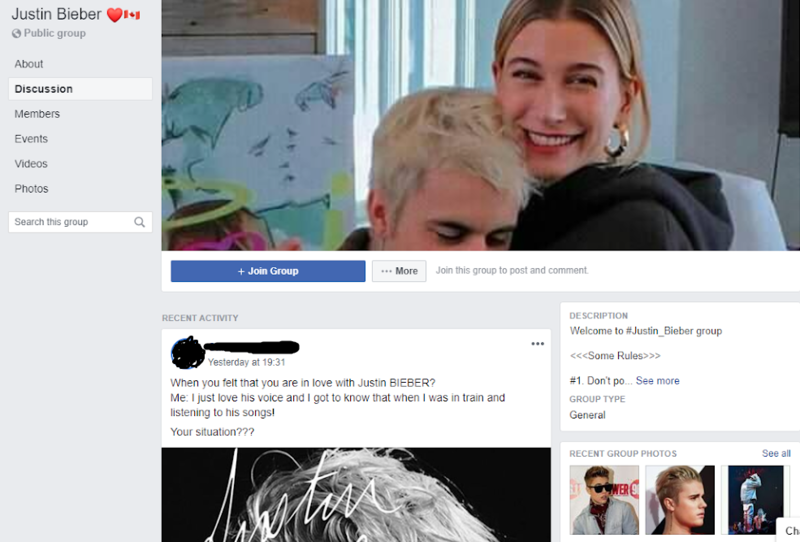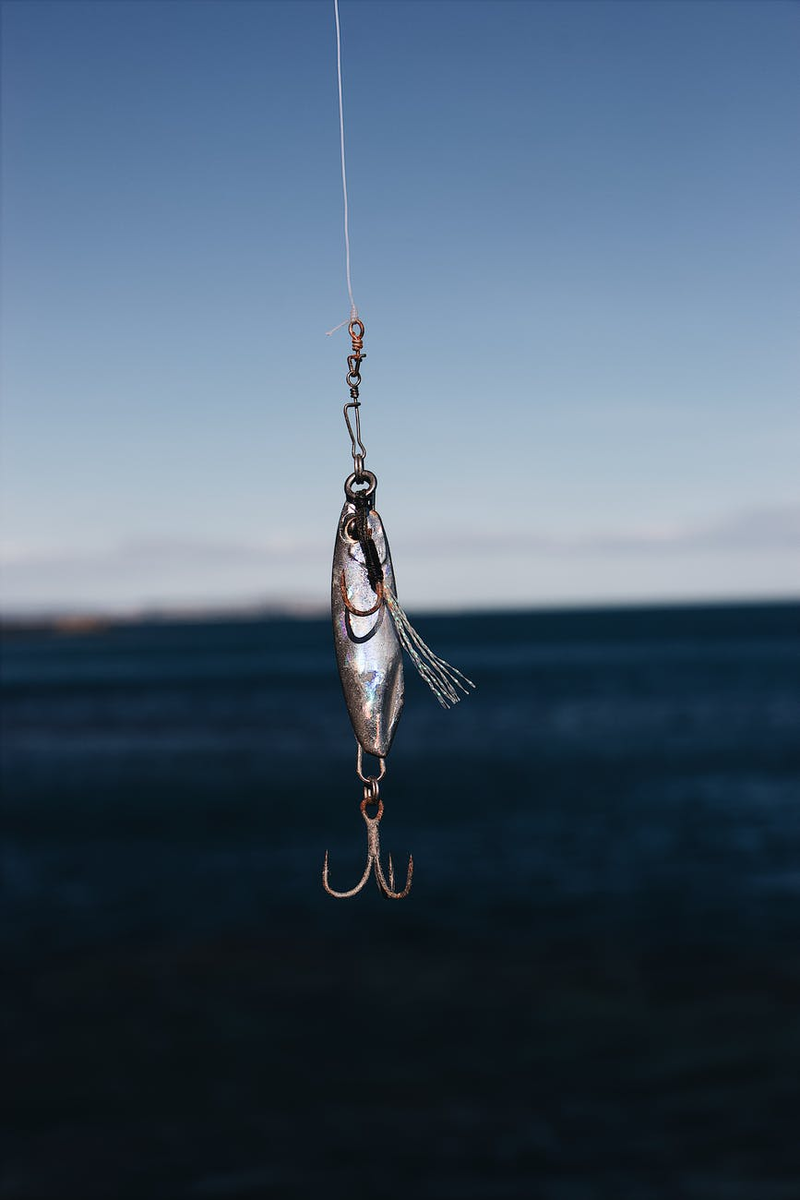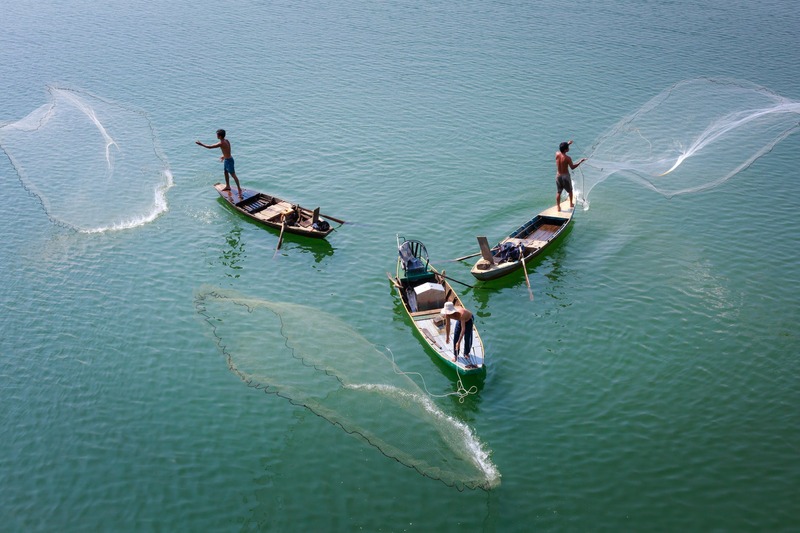Blog
A Producers Guide to Defining your Music’s Audience
31 Mar '2021
Knowing your audience is key to success in the world of music, do you know yours?

One of the most overlooked elements of being a musician or producer, is the connection you have with your audience. Working this out is really the key to success in this industry, much more than your level of musical talent, uniqueness, or dedication.
You might be the most amazing, talented musician, writing the greatest songs ever – better than The Beatles, Bieber, you name it. You might have spent years and years learning your craft, but if you don’t reach out, and connect with your audience, you will struggle to become “successful” in the music industry.
It’s easy for a musician (musician referring to anyone involved with music: bands, electronic producers, DJs, sound designers), to focus purely on creating their artwork, forgetting about everything else. This is fine, it’s great to make artwork for the sake of making art, and the personal enjoyment taken from the experience.
However if you want to make money, or you want more opportunities to come out of it, you’re going to have to put down your guitar (turntables, synths… etc) and do some serious thinking and working.
Sadly just being good at what you do is not enough these days.
Defining Your Audience
Defining your audience is an essential stage for music producers, as it can help guide promotion campaigns, branding, even the songwriting process. The stronger your relationship is with your audience, the stronger you will perform as a musical entity. You will increase stream plays on Spotify, easily sell your music on iTunes, Amazon and so on. You will be able to sell more tickets for your concerts and gigs, sell merchandise, and more people will interact with you on social media.
It works with a snowball effect. As your audience reach grows, so does your potential to connect with more fans. If you start investing time into this, you can start to see results literally overnight.
The core idea is to work out what you want to say, and who might want to listen.
Plan
Here are steps that need to be taken. Ask yourself these questions and try to have clear answers…
Self Definition: Who am I? What do I want to be/achieve? Where do I fit in?
Audience Definition: Who am I trying to reach? Where are they? What are their interests?
Reach out: How can I connect? How can my audience find me?
Reflect: What worked, what didn’t?
Self Definition: Who am I?

It is essential to understand what you want; you need an achievable end goal. This will be unique for every person. You might want to be a world-touring DJ or a mysterious underground producer, maybe you want to run a recording studio, be in a folk band, make film soundtracks, sell sample packs. There is an endless spectrum of possibilities…
Having a clear goal will give you much needed direction, increasing your efficiency to reach your audience. Even working out what you want can take years, but doing so is necessary to be able to define your music’s audience.
Have a think about what you want out of life. When you know what you want, you can work out how to get there.
Audience Definition

You need to think about who your audience is, who you are trying to reach. This is important so that your efforts aren’t wasted by reaching out to the wrong people. If someone dislikes your music, their mind will not easily be changed. However, there may be thousands of people in the world who would love to listen to your music, they just haven’t heard it yet.
Try to visualise an “avatar”. This avatar is the average personality that you think will be interested in your brand/music.
Try to imagine the lifestyle your fans tend to lead

Think about how old they might be, their gender, what they do in their free time. How much money they have, how do they spend it, what music do they listen to, what cultural groups they might identify with, where do they live, what do they search on the internet. Think about how much time they spend online, where they get their information from? Social media? Email newsletters? Try to imagine the lifestyle your fans tend to lead.
Visualising your avatar will help you to work out the appropriate approach for growing your audience.
Try to encounter people that embody your avatar. Do some field research, go to a gig or event in a similar vein to your own music. Talk to people at the event, try to add them on social media, get to know them, find out what other gigs they go to, the bands/DJs they’re into. These interactions can be online, go on forums or social media groups of related interests, artist fan pages and look at people's profiles, post your own music in these groups.
If you feel your music was inspired by certain artists or movements, their fans might enjoy your music.

Look at how your music fits into a wider context. Does it have the potential to be in the mainstream, or is it alternative and niche?
It can help to compare different types of people and how suitable they are for your audience. For example, a teenager interested in pop music compared an older person into folk - they probably lead very different lifestyles. Obviously everybody is different and unique, and interests aren’t necessarily mutually exclusive.
After you’ve worked out who your audience might be...
Bird collector: Reaching Out
Here is an animal based metaphor that can help you understand how audiences work, and different ways you can grow yours.
Imagine you are fishing, on a fishing boat. In this example, each “fish” in the sea represents a person in the world, a potential audience member or fan. Just a note here, in this world, we don’t eat fish, they come and live on your boat (become your audience).
You have to catch the fish, they won’t just jump into your boat. The fish can’t see how nice your boat is from underwater. There are different ways to catch fish.

You can attract them with a piece of bait, make sure you use the right piece of bait for the type of fish you want to catch - a shark and a goldfish wouldn’t eat the same thing. If you have more fishing lines in the water, fish will be more likely to see your line, and you’ll be able to catch more. Think personalised adverts, facebook, google ads, handing out business cards/CDs at gigs. Posters in nightclubs, posting on forums. The more things you have out there, the more chance there is of a potential fan stumbling into it, and finding you.
These things are basically unavoidable, we don’t have the option to say no thanks
The other fishing method is trawl net fishing. You throw out massive nets and aggressively fish, indiscriminately picking up anything. Fish have no choice but to get caught in your net. Think billboards, bus stop posters, TV adverts, Coke, Apple. These things are basically unavoidable, we don’t have the option to say no thanks, there's no consideration for individual tastes and preferences. This kind of blanket marketing takes more financial investment, and may not be appropriate if your brand doesn’t appeal to the mainstream markets. If you were someone like GG Alin (RIP), it might not be the best idea to advertise on mainstream TV channels or magazines, chances are most people think he’s disgusting, and the punks who would be his fans, would laugh at mainstream media sources. You need to reach people through the channels they trust.

Whilst a bit fishy, this metaphor demonstrates some of the complexities of artist-audience relationships.
To grow efficiently you have to plan ahead, think before you act - to avoid wasting time and money. Work out the most effective approach. Test out methods of connecting with potential fans before investing real money. Make sure you are contacting the right type of people, based on your avatar.
There are lots of things you can do for free that still reach lots of people. Giving away downloads in exchange for email newsletter signups. Create your own hashtags for social media, people like to feel like they are part of your “crew”. Encourage your audience to interact with you online. Learn how to use live streams to have conversations with your fans, do regular Q&A sessions. Tease upcoming releases months before they come out.
It’s a matter of time and energy, and making informed decisions.
It’s important to maintain the momentum of your efforts. Try to be consistent with posting on social media. Be prolific. You're not going to catch anything by fishing once in a blue moon, be out there every day.
Reflect
Try to track as many statistics as possible. Look at which of your actions are reaching the most people, what type of content gets the more likes, shares and responses. Track your play counts on streaming services. Many websites give detailed reports on audience demographics.
Try making charts to help analyse the data.

You can see that certain months vastly outperform others. This shows that whatever was posted in those months was more attractive and reached more people. Analyse the data to direct further action. This can show you a clear path to connecting with the people who are interested in your music/brand.
It can take a long time to define and grow your audience, everybody has the potential to connect to their world wide audience, it’s just a matter of time and energy, and making informed decisions.

